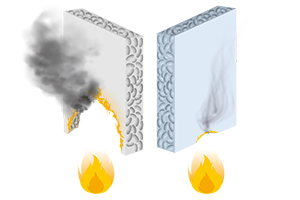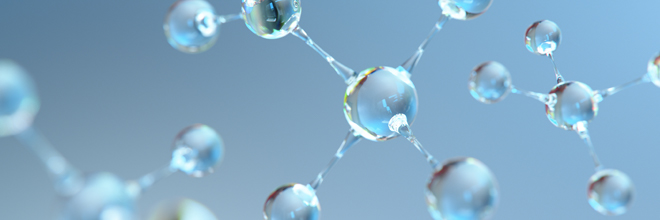NEW TECHNOLOGY
SOFTLON
Softlon features and functionsWater resistance
Water absorptionClosed cell foam made of polyolefin resin having low water absorption impregnable to water
Strength
ToughnessWidely used as a sturdy yet flexible material with superior heat resistance over non-crosslinked foam
Flexibility
Resin’s intrinsic softness and closed cell structure providing reasonable bouncing and cushioning
Heat resistance
With excellent heat-resistance, polypropylene (PP) resin has minimal thermal shrinkage even in the high temperature range.
Thermal insulation
Foam containing a large amount of air with minimized convection resulting in low thermal conductivity and superior thermal insulation performance
Thinness
Sekisui’s proprietary thinning technology realizes thin foam of 1 mm or less.
Shock absorption
With the inherent flexibility of the resin and the bubble cell structure of the foam, the physical high-speed pressure (shock energy) is evenly dispersed.
Sealing of uneven surfaces
With its flexibility, the foam seals uneven or sharp surfaces to achieve high sealing property.
Thermoformability
Polypropylene (PP) resin has excellent heat-stability, Softlon SP can withstand high temperatures during molding, enabling highly deep drawability.
Smoothness
An even and clean surface with finer cells compared to chemical crosslinked foam, suitable for adhesion and coating
Electrical characteristics
Closed cell foam containing a large amount of air providing excellent dielectric strength and low permittivity.
Chemical resistance
Oil resistanceWith superior resistance against acids, alkalines, organic solvents, and other chemicals, used in many industries
Low environmental load
Being halogen-free, generating no toxic gases when burnt
Workability
Excellent shape stability realizes various processing.







